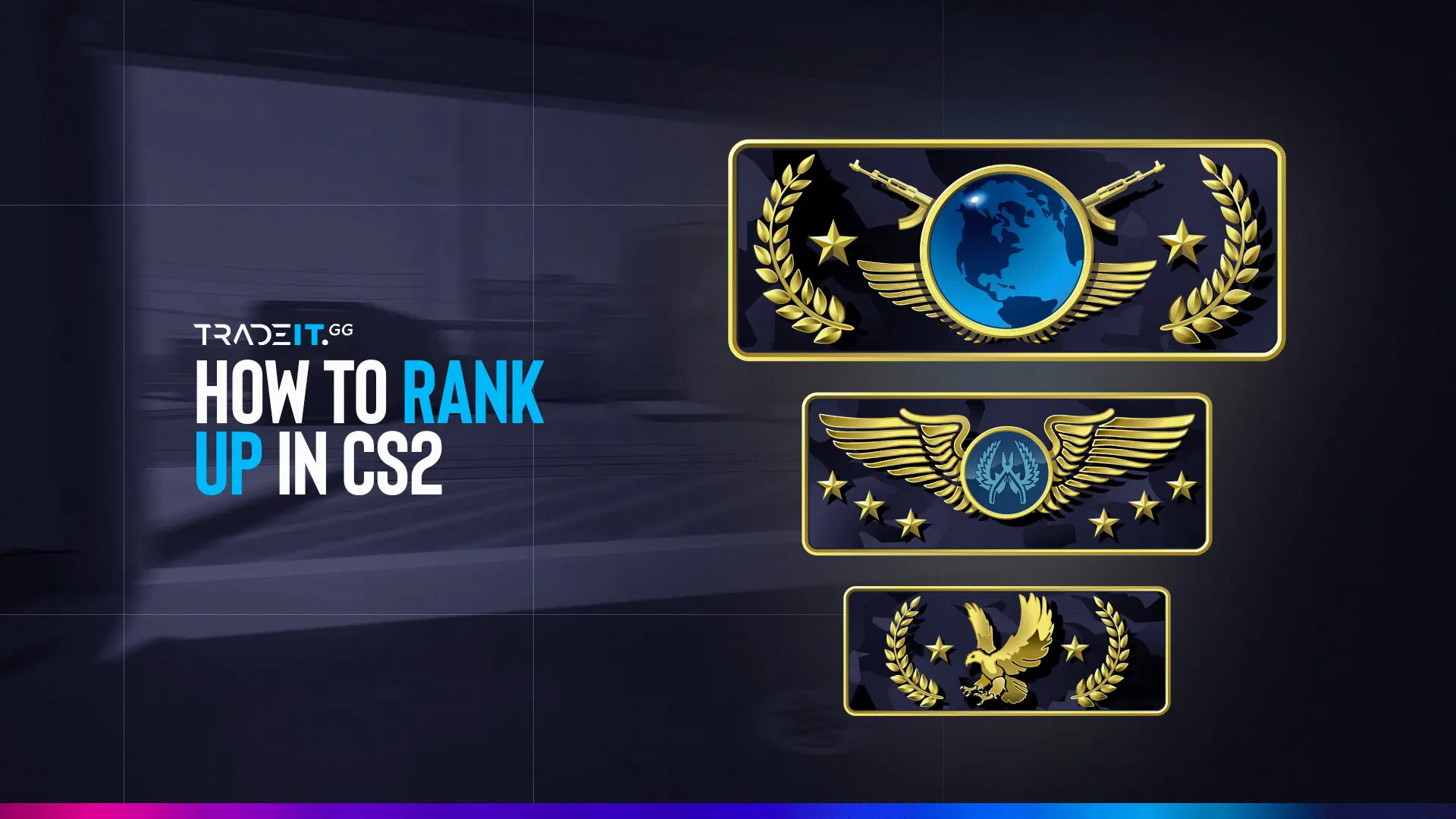Insightful Updates
Stay informed with the latest news and trends.
Griefing Penalties: When Fun Turns into Frustration
Discover how griefing penalties can turn gaming fun into frustration. Uncover the rules and safeguards that shape your gaming experience!
Understanding Griefing Penalties: How They Affect Players
Understanding griefing penalties is crucial for players who want to maintain a harmonious gaming environment. Griefing, which refers to the act of deliberately irritating or harming other players, can lead to severe consequences for the offender. Most gaming communities have specific penalties for griefing that can range from temporary suspensions to permanent bans. These measures are put in place not only to protect the players who are affected but also to preserve the overall enjoyment and integrity of the game. By understanding these penalties, players can make informed choices about their behavior and foster a more positive gaming community.
Moreover, the impact of griefing penalties extends beyond just the individual player. Griefing can disrupt gameplay and create a toxic atmosphere, which ultimately affects everyone involved. As a result, many games incorporate systems to report and monitor griefing behavior, ensuring that necessary actions are taken against repeat offenders. Players should be aware that engaging in griefing not only puts their own accounts at risk but can also lead to a more hostile environment for others. Embracing fair play and respectful interaction contributes greatly to a healthy gaming community.

Counter-Strike is a popular first-person shooter game that emphasizes teamwork, strategy, and skill. Players engage in intense matches where they can join either the Terrorist or Counter-Terrorist side. If you're interested in trading items within the game, it's essential to know how to check trade history steam to make informed decisions.
Is Griefing in Gaming Just Bad Fun? Exploring the Consequences
The phenomenon of griefing in gaming has sparked significant debate within the gaming community and beyond. At its core, griefing refers to the act of deliberately irritating and provoking other players, often through disruptive behaviors. While some may view it as harmless fun or a creative expression of gameplay, the reality is that the consequences can be profound. Gamers who fall victim to griefing often experience feelings of frustration, anger, and even helplessness. This not only harms the individual experience but can also lead to a toxic environment within the game, discouraging new players from joining and potentially damaging the game's overall community.
Moreover, the implications of griefing extend beyond mere annoyance; they can resonate within the broader context of online interactions. As online gaming continues to grow, developers and game publishers are increasingly tasked with maintaining a balanced and enjoyable experience for all players. This has led to the implementation of various measures aimed at curbing griefing, ranging from reporting systems to in-game penalties. Ultimately, while some may argue that griefing is just 'bad fun,' the long-term consequences suggest a need for thoughtful reflection. Understanding the impact of such behaviors can help foster a more respectful and enjoyable gaming atmosphere for everyone involved.
What Are the Real-World Impacts of Griefing Penalties?
The implementation of griefing penalties in online gaming and virtual environments has significant real-world impacts on community dynamics and player behavior. By targeting disruptive actions, such as harassment or unwarranted destruction of others' work, these penalties aim to create a more enjoyable and respectful atmosphere. When players face consequences for their actions, the overall experience within the game improves, leading to a greater retention rate of players and a healthier community. Griefing penalties thus serve not only as a deterrent against negative behaviors but also as a foundation for fostering positive interactions among players.
Furthermore, the effects of these penalties extend beyond immediate gameplay, influencing the long-term health of gaming communities. Griefing penalties can encourage players to engage in more constructive behaviors, leading to collaboration and teamwork, which are essential for achieving collective goals in many games. As a result, players may form stronger relationships and feel a greater sense of belonging within the community. This positive shift in player engagement not only enhances the reputation of a game but also impacts the game's lifecycle, as a vibrant community attracts new players and keeps existing ones invested.